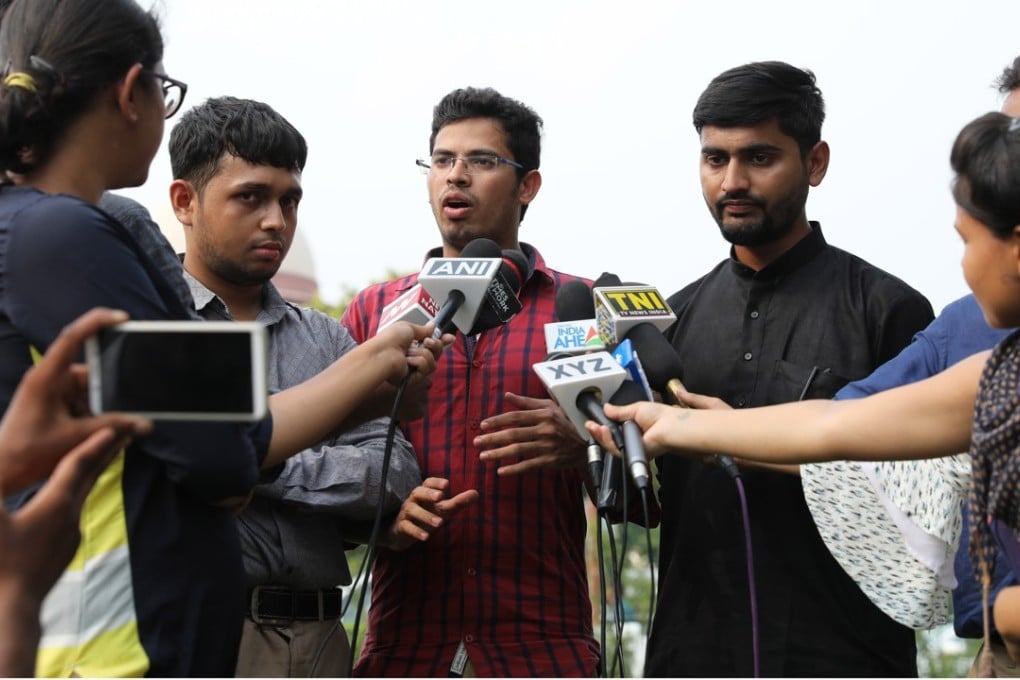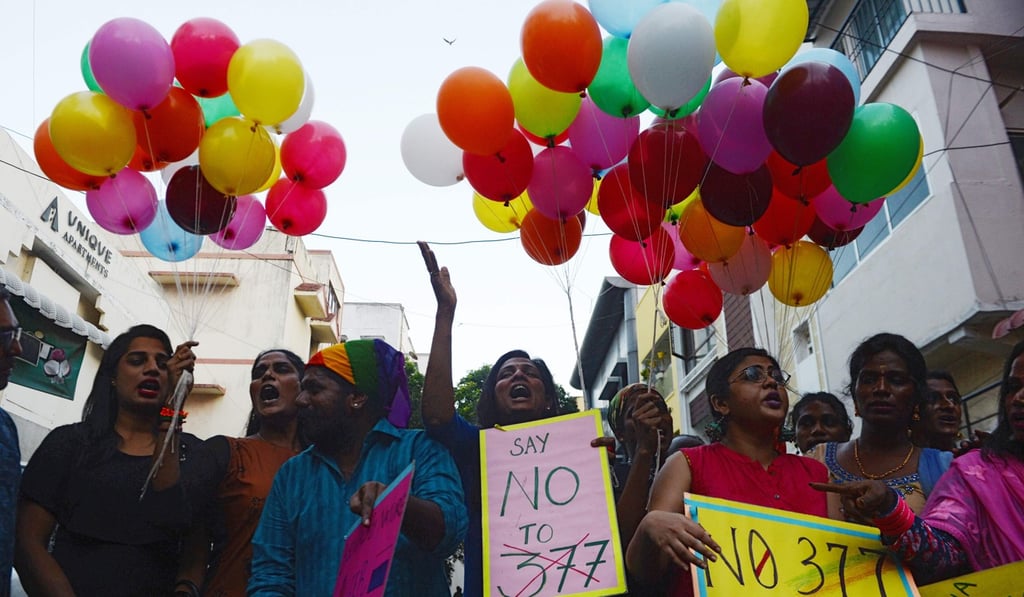On Reflection | For LGBT Indians, time to right a British-era wrong
The prejudice against homosexuality is a legacy of colonial rule, yet its bigotry has been thoroughly internalised in India

India is contemplating the prospect of a major social revolution as a five-judge Constitution Bench of the Supreme Court this week hears a raft of petitions challenging Section 377 of the Indian Penal Code, which outlaws homosexuality.
The law, a legacy of the British colonial era, criminalises “unnatural acts against the order of nature”, and has long been used to harass gay Indians. Since it makes non penile-vaginal intercourse illegal, even between consenting adults, the lesbian, gay, bisexual and transgender (LGBT) community are particularly affected.
India: no country for transgender women
There was a brief respite when, in 2009, the Delhi High Court held section 377 to be unconstitutional and – “in so far as it criminalises consensual sexual acts of adults in private” – violative of Articles 14, 15 and 21 of the Constitution of India, which guarantee equality and dignity to all citizens, freedom of expression and personal liberty.
But the Supreme Court reversed that ruling in a 2013 judgment, reinstating Section 377. A two-judge bench claimed India’s LGBT community was only a “minuscule fraction of the country’s population” and disparagingly dismissed their demands for “so-called rights”. It held that the High Court was guilty of judicial overreach and the question of scrapping the law should have been left to parliament. Parliament has proved unwilling so far to take up the challenge.

Like many Indians, I found the Supreme Court’s 2013 ruling antithetical to India’s commitment to pluralism and contradictory to our constitutional democracy, which is built on embracing a multitude of identities despite the differences that divide us – sexual preferences included. I therefore introduced a bill to amend Section 377 to decriminalise all consensual sex between adults, arguing this was not about sex, but about freedom.

